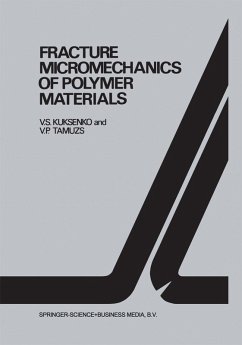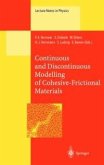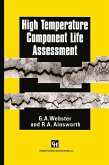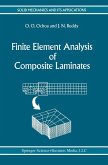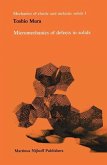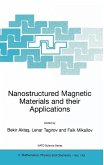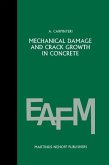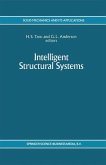Within the last two decades fracture theory has been one of the most rapidly advancing fields of continuous media mechanics. Noteworthy suc cess has been achieved in linear fracture mechanics where the propagation of the macrocrack in elastic materials is under study. However, fracture of materials is by no means a simple process since it involves fracture of structural elements ranging from atomic sizes to macrocracks. To obtain all information about how and why materials fail, all stages of the process must be studied. For a long time both mechanical engineers and physicists have been concerned with the problem of the fracture of solids. Unfortunately, most of their work has been independent of the others. To solve the problem not only requires the minds and work of mechanical engineers and physicists but chemists and other specialists must be consulted as well. In this book we will consider some conclusions of the "physical" and "mechanical" schools acquired by the A. F. Joffe Physics-Technical Institute of the USSR Academy of Sciences in Leningrad and the Institute of Polymer Mechanics of Latvian SSR Academy of Sciences in Riga. The methods for studying the phenomena of fracture applied at both Institutes are different yet complimentary to one another; the materials tested are also sometimes different.
Dieser Download kann aus rechtlichen Gründen nur mit Rechnungsadresse in A, B, BG, CY, CZ, D, DK, EW, E, FIN, F, GR, HR, H, IRL, I, LT, L, LR, M, NL, PL, P, R, S, SLO, SK ausgeliefert werden.

